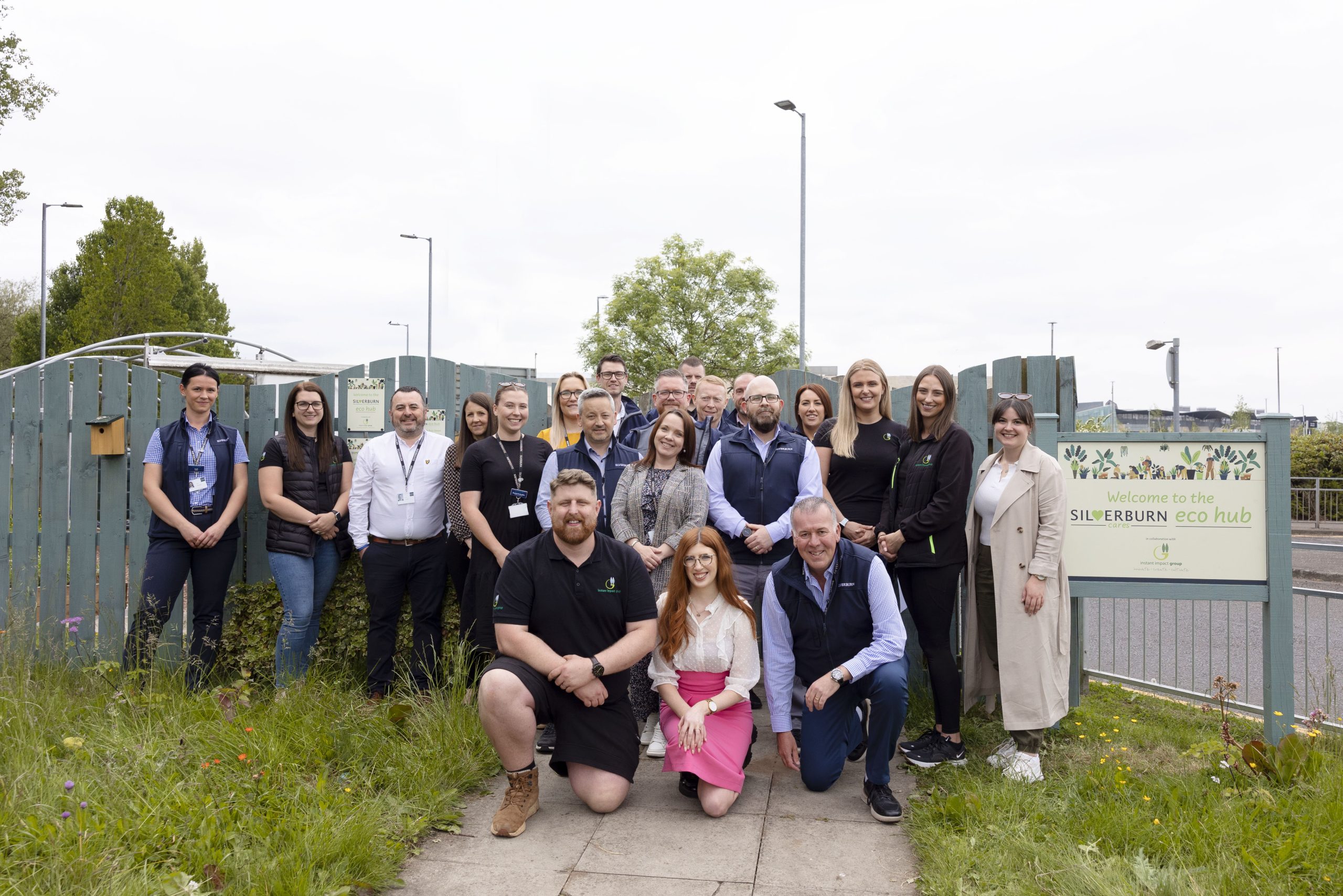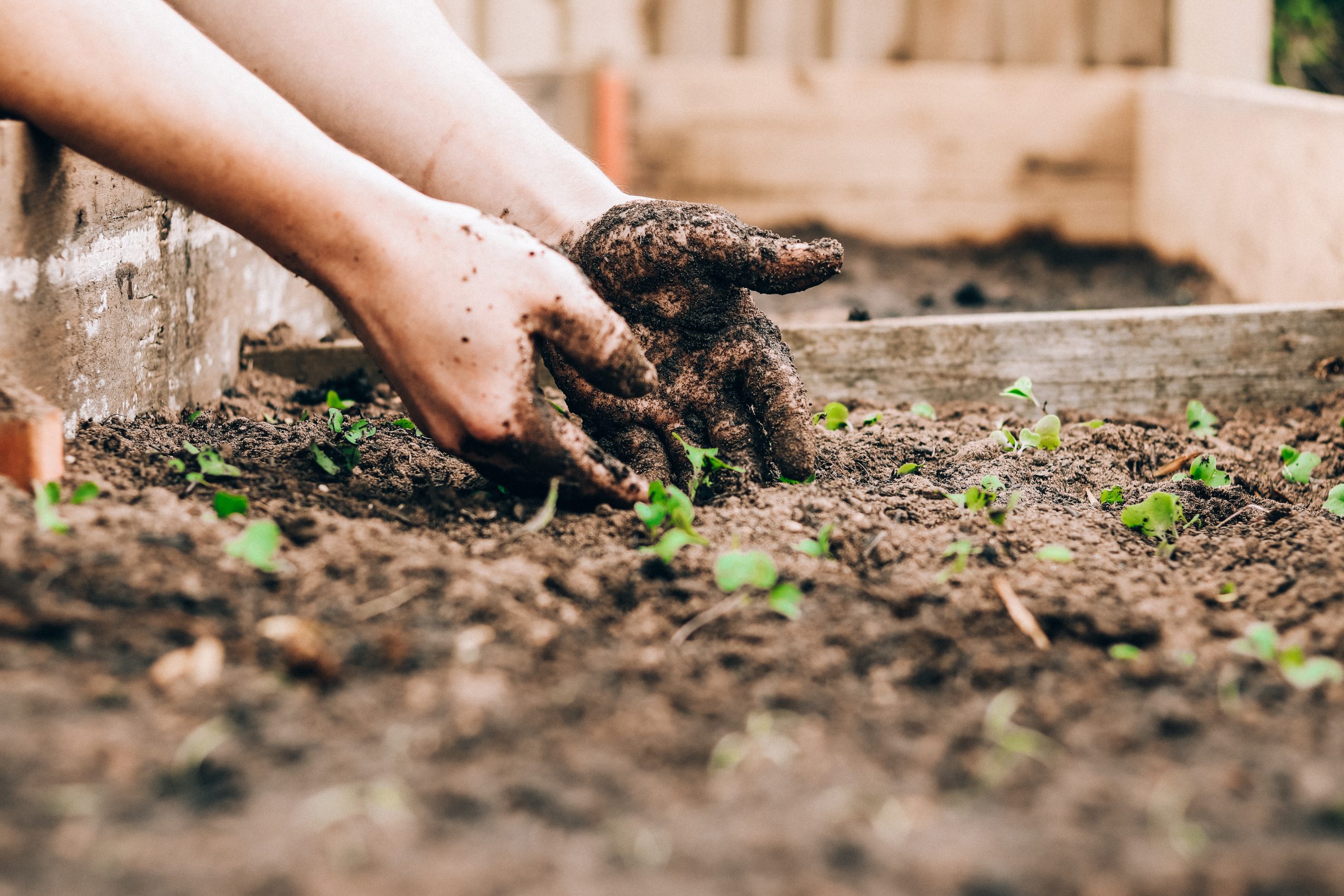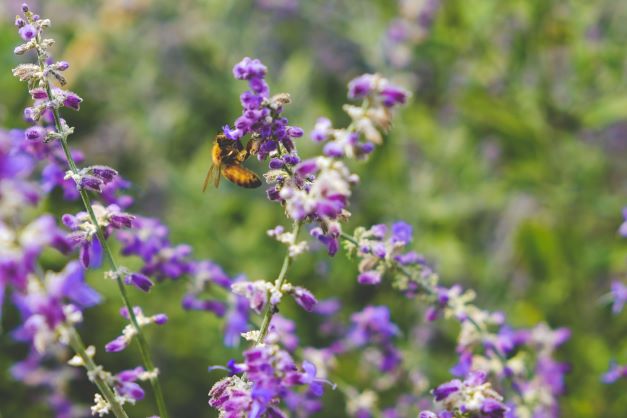The Natural History Museum’s newly transformed gardens, sponsored by Workman, will open to explorers big and small on 18 July, just in time for school holiday visits.
As part of its Urban Nature Project, the Museum has reimagined the five-acre site to achieve an accessible, free-to-visit green space in the heart of London, where visitors can connect with nature.
The site will also be a hub for Museum scientists and volunteers to develop best practices to protect and enhance urban nature, and build biodiversity.
From this summer, visitors can rest, connect with nature, and explore the gardens, which will showcase a journey through more than 2.7 billion years of Earth’s history told through an immersive timeline of plants, geology, trees, reptiles, birds, and mammals, featured in the Evolution Garden.
A striking new bronze cast of the Museum’s much-loved Diplodocus will take centre stage in a Jurassic garden, supported by Kusuma Trust, which will be filled with Wollemi pines, dwarf ginkgoes and cycads – all descended from the fauna that would have flourished in the Jurassic period.

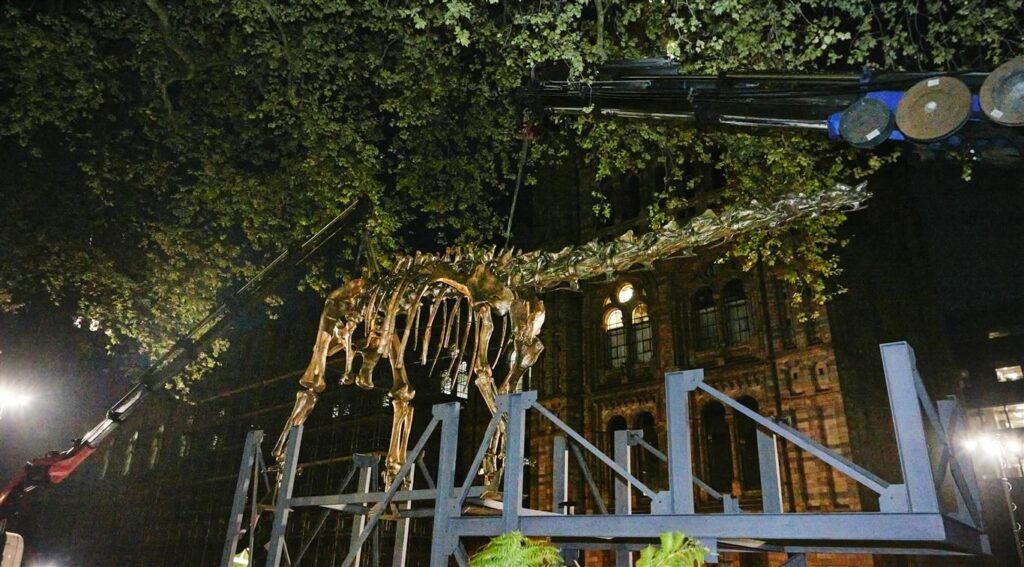
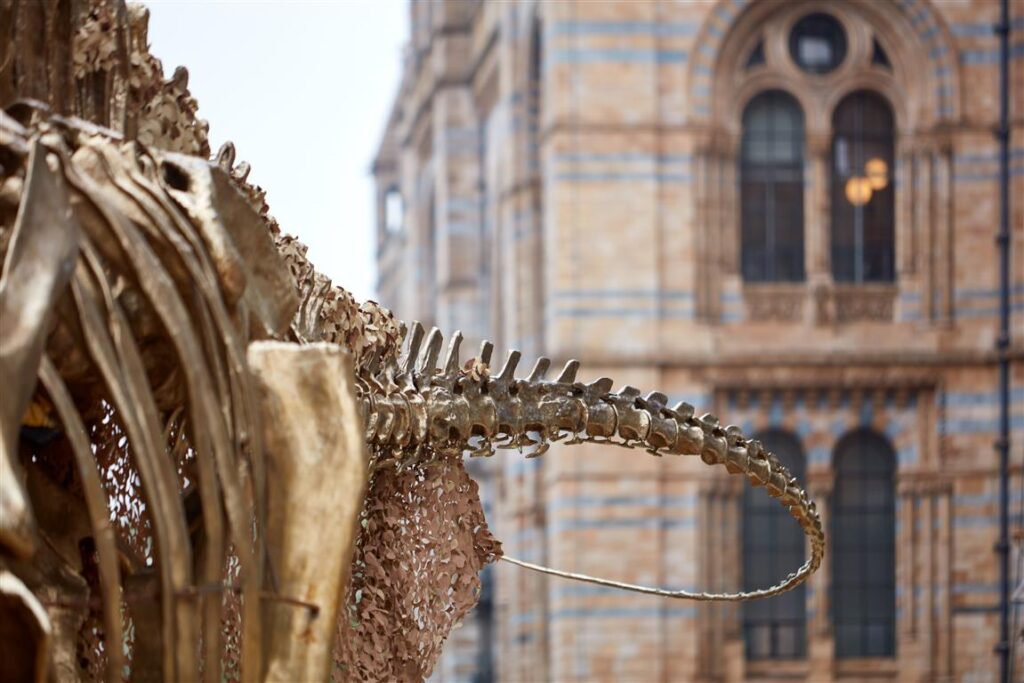
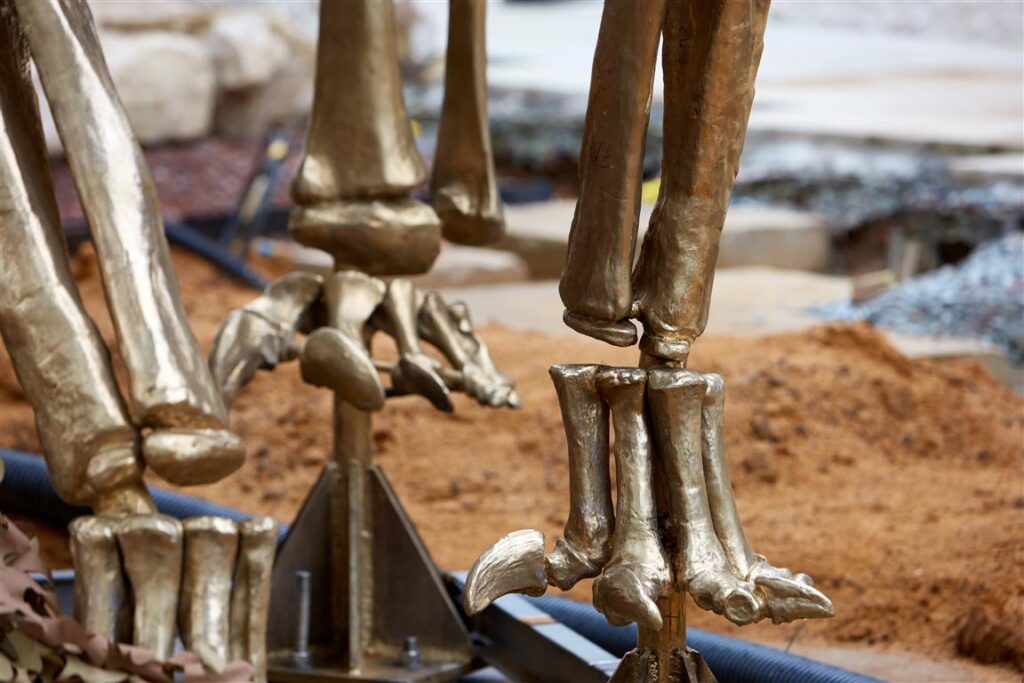
Above: The much-anticipated bronze Diplodocus cast, supported by Kusuma Trust, arrives at the Natural History Museum ready to be installed in the newly transformed gardens. © The Trustees of the Natural History Museum, London
Meanwhile, in the west garden, towards the Museum’s Darwin Centre, visitors will find the Nature Discovery Garden, supported by The Cadogan Charity. Here, different habitats will showcase the rich biodiversity that can be found in the UK’s urban spaces, and an accessible sunken pathway winds between the ponds, where resident frogs and newts have already been spotted.
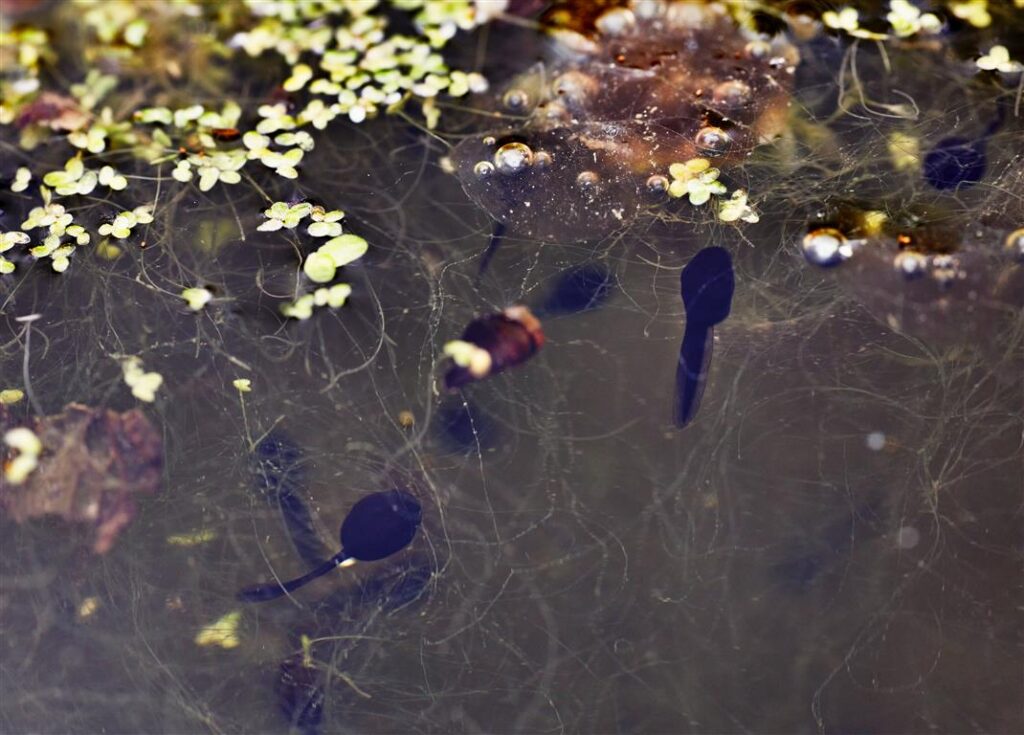
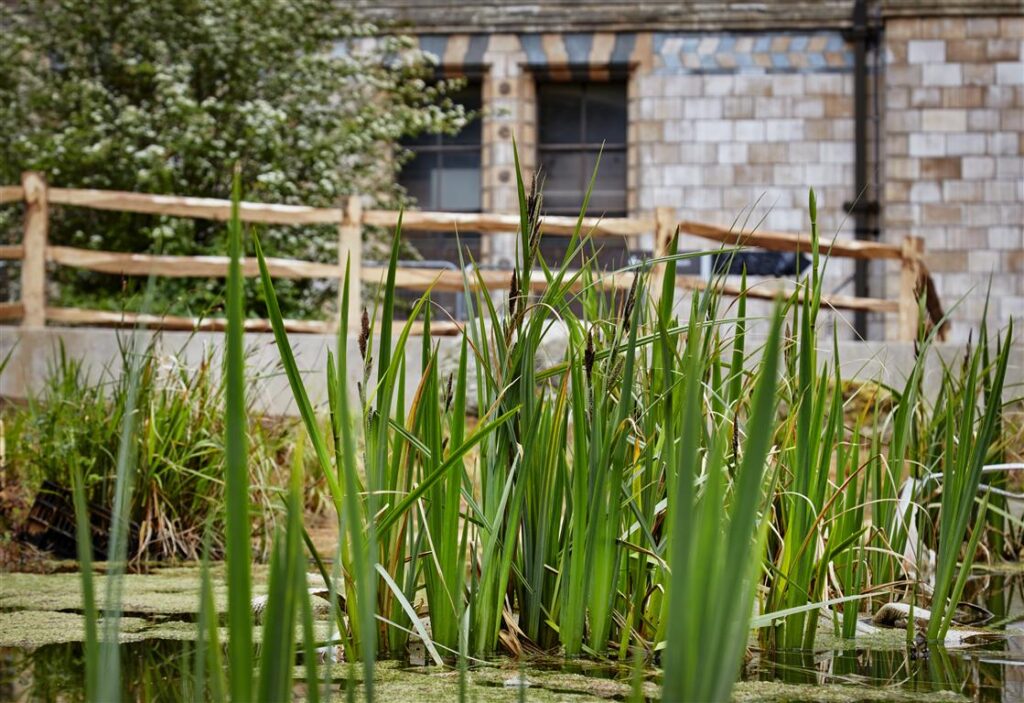
Above: Wildlife is making itself at home in the Natural History Museum’s new Nature Discovery Garden, supported by The Cadogan Charity, where frogs, toads and newts have already been spotted. Left image shows toad tadpoles. © The Trustees of the Natural History Museum, London
Dr Alex Burch, Director of Public Programmes at the Natural History Museum, said: “We cannot wait to welcome all visitors to our completely reimagined gardens this summer.
“This is the first time in 140 years that the gardens around our building have been completely transformed. Through two new outdoor galleries – complete with a new resident dinosaur – visitors will explore the incredible story of Earth, stretching back more than 2.7 billion years.
“The five acres of gardens provide a wildlife haven in the heart of London. They will be the perfect setting for people to connect with, learn about and cherish the nature to be found in our towns and cities.”
Vicky Cotton, ESG Director at Workman, said: “We are delighted that the Natural History Museum has brought imagination and evolution to life, in what promises to be a stunning example of urban biodiversity.
“We have been proud to support the Museum along this journey, which has delivered a sustainable design that chimes with its heritage landscape.
“The Museum’s ambitious yet sensitive approach to sustainable construction and commitment to conservation has been at the heart of the redevelopment.
“We are very much looking forward to seeing the garden come alive with plants and visitors this summer.”
As well as somewhere visitors can rest, picnic, and learn more about the vast diversity of life on Earth, this spectacular new space will also provide a living laboratory – a hub where Museum scientists and volunteers alike can develop best practices to protect urban nature.
The gardens will be home to scientific sensors gathering environmental DNA and acoustic data, to monitor, understand and protect urban nature. The installation of this new technology and continued data collection will make our gardens one of the most intensively studied urban sites of its kind.
The Museum’s Wildlife Garden was extended to double the area of native habitats within the grounds, with the aim of better supporting, monitoring and managing the animal and plant life diversity, and the pond area has been increased by 60%.
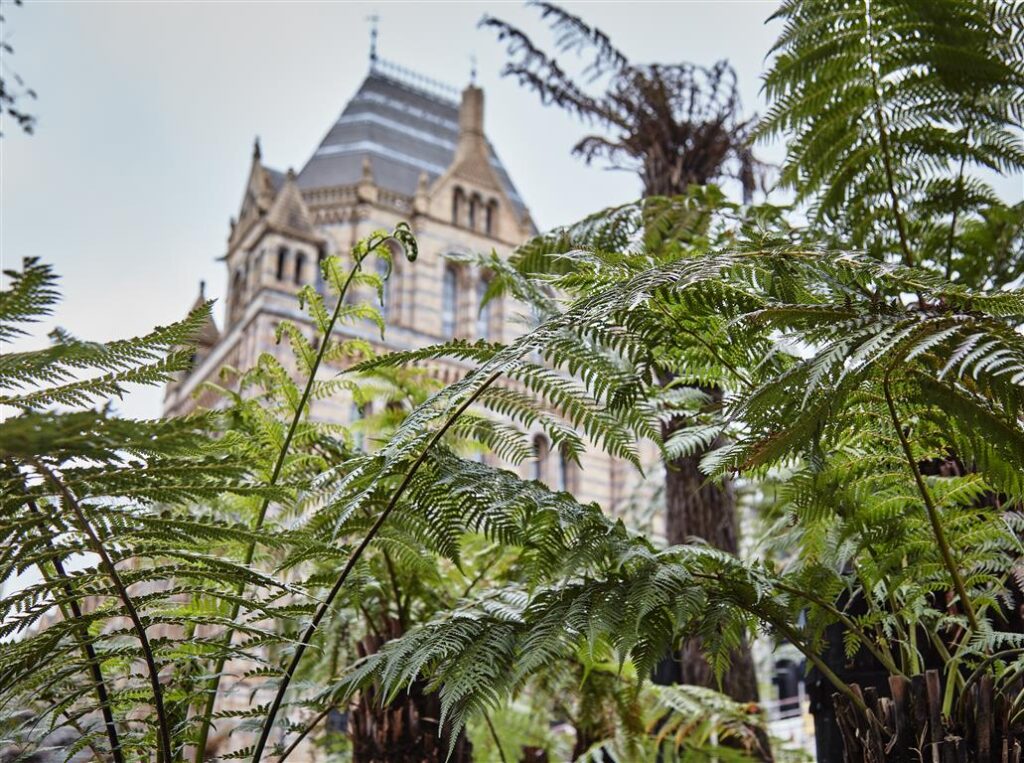
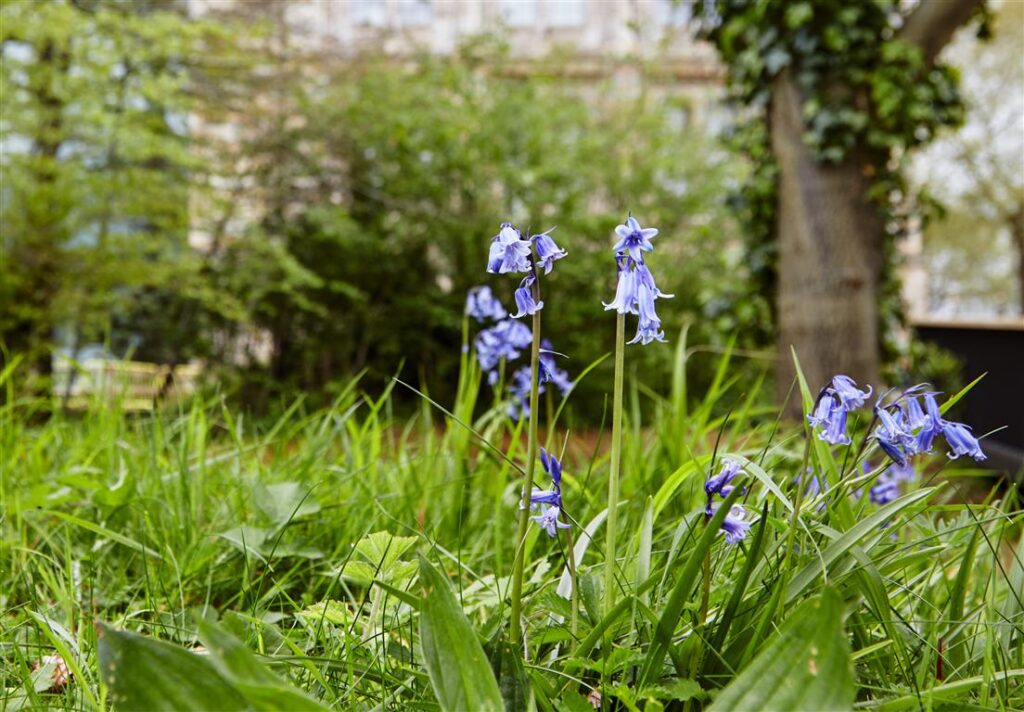
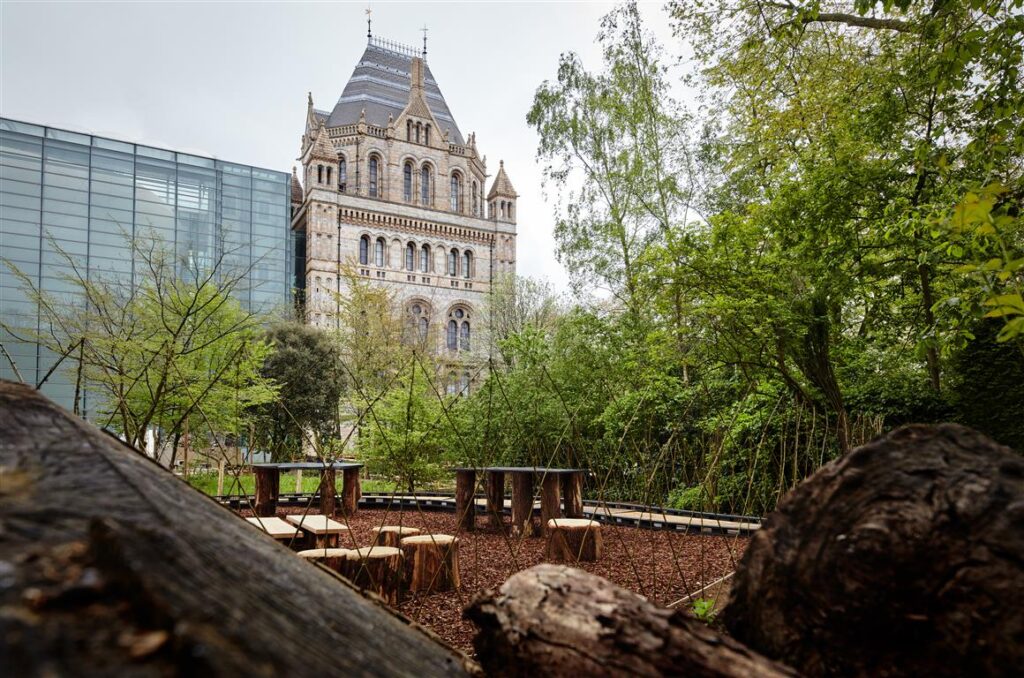 Above: The Natural History Museum’s newly transformed gardens will provide visitors with a new outdoor space to rest, relax and connect with nature. © The Trustees of the Natural History Museum, London
Above: The Natural History Museum’s newly transformed gardens will provide visitors with a new outdoor space to rest, relax and connect with nature. © The Trustees of the Natural History Museum, London
A wide variety of trusts, foundations, companies, and individuals are supporting the Urban Nature Project including: Amazon Web Services, The National Lottery Heritage Fund, Evolution Education Trust, The Cadogan Charity, Garfield Weston Foundation, Kusuma Trust, The Wolfson Foundation, Charles Wilson and Rowena Olegario, Royal Commission for the Exhibition of 1851, Clore Duffield Foundation, Workman LLP, and Accenture.
Find out more:
